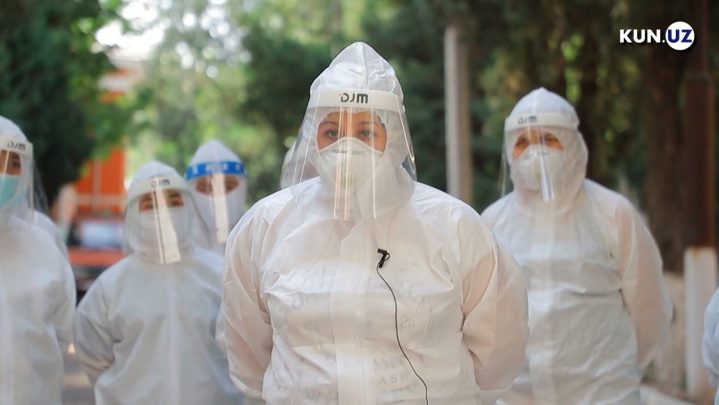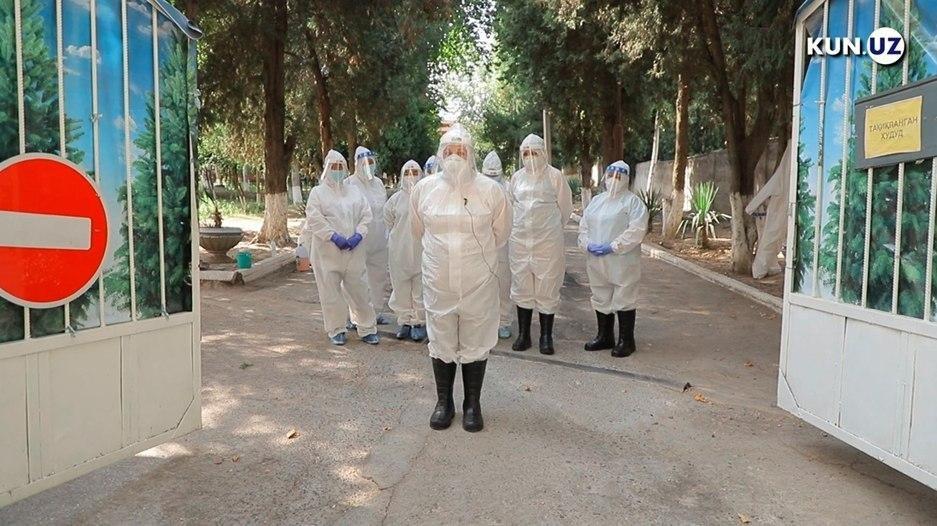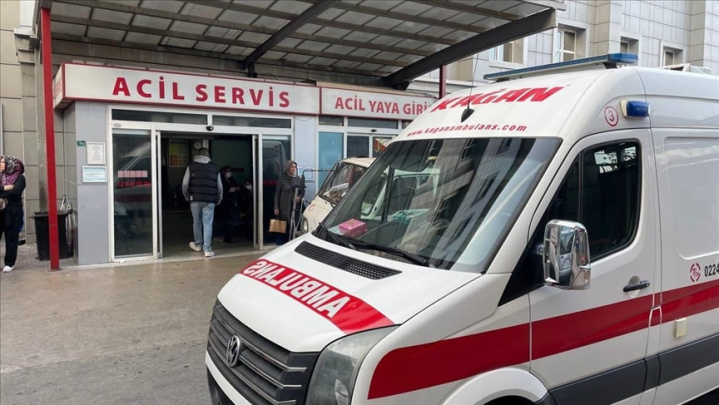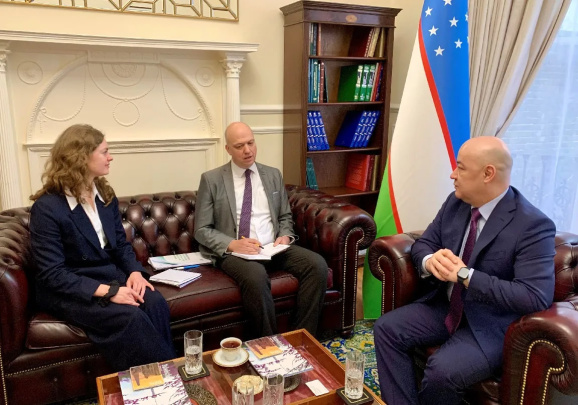Guljahon Yuldasheva, the chief doctor at the Tashkent Regional Infectious Diseases Hospital, has been in prison for almost a month. There were many questions in the public about the incident, comments were made. In the meantime, one thing became clear – it’s not just about the honor and destiny of a doctor. Perhaps the significance of this incident goes beyond a particular case, as it reveals in the eyes of the general public a number of flaws facing our society.
The reason for the case was that the doctor Yuldasheva gave an interview to Kun.uz and told about the problems in the hospital.
A day after the interview was published, a criminal case was hastily initiated. So what did Guljahon Yuldasheva say in the interview?
“I am the chief doctor of the Tashkent Regional Infectious Diseases Hospital in Chirchik. Our hospital was founded in 1960. Initially, the hospital was located in the city of Chirchik and was designed for 100 seats. Then the number of seats was reduced to 80, and later, in 2000, Chirchik Hospital was transferred to the regional hospital. The intensive care and admission departments here have also been reduced.
By the presidential decree of September 6, 2017, I was appointed chief doctor of the Tashkent Regional Infectious Diseases Hospital. When I came here, there was no resuscitation, no admission department, no HIV department – only the Department of Acute Intestinal Infections and Airborne Infections.
When I started working here, a number of presidential decrees were adopted, on the basis of which we first established the structure of the intensive care unit. Because it was important, there was no place to transport critically ill patients in the Tashkent region.
We repeatedly appealed to the Tashkent Regional Health Department for financial assistance in equipping the intensive care unit, but our appeals remained unanswered.
According to the presidential decree, the structure was changed and we opened an HIV unit, as there was no such a unit in the Tashkent region. First, 10 seats were created in the HIV department, then 20 seats. We also wrote a letter asking for funds to re-equip the HIV unit.
Our hospital was closed as a quarantine zone on March 16. Not only people suspected of being infected with COVID-19, but also people who had a fever and had the first clinical symptoms of COVID-19 were placed here.

If I am not mistaken, on January 30, 2020, a presidential decree was issued on the creation of necessary conditions and supplying the needed equipment to the medical facility. But even in March, no equipment was delivered to us.
After working in the quarantine zone and gaining a certain set of skills and experience, we knew what we might need if the second wave started. Two days later after we wrote a letter indicating what is needed, an order came on the transfer of our patients and medical staff to the Urtasaray quarantine zone.
People were brought here by buses under surveillance. There were patients with positive test results among them, who were placed in shipping containers converted into ICUs for coronavirus-infected. They also wanted to send our staff to these repurposed containers. But I appealed to the khokim and the health minister asking them to permit our doctors to stay on the territory of the hospital for the 14-day quarantine period. Once our staff had completed internal quarantine, an order was issued to continue our functional commitment as an infectious disease department.
This was followed by an order from the Ministry of Health, which stated that the Tashkent Regional Infectious Diseases Hospital would receive coronavirus patients and be prepared for it. They ignored us again and started providing other institutions with equipment, although they knew we are the main infectious diseases center.
We wrote letters to a number of agencies, including the Tashkent regional Health Department (HD), asking for the additional allowance (money) promised to us by the President. Then, the Tashkent regional HD issued order No. 209, according to which our patients were transferred to another institution. It turned out that the bonus money for the treatment of our patients would be received by the staff of the hospital where they were being transferred.
We received a call from the Health Ministry, they said: “You have been allocated 10 oxygen generators, you can take them from the warehouse in Zangiota.” We sent a vehicle. When the equipment was being loaded, the chief accountant of the Tashkent regional HD called and said that “the equipment would not be given.”
Then I asked bloggers to help me. When this situation was revealed, we were given three oxygen generators. The next day another 12 oxygenators were delivered. We are treating 120-130 patients with 12 oxygenators. We were donated four by volunteers from Chirchik. Order No. 188 of the Minister of Health stipulates that HD chiefs must provide oxygen to every patient. We can’t provide it, we don’t have the means to do so,” Guljahon Yuldasheva said in a video message posted on Kun.uz on August 9, two days before a criminal case was opened against her.






